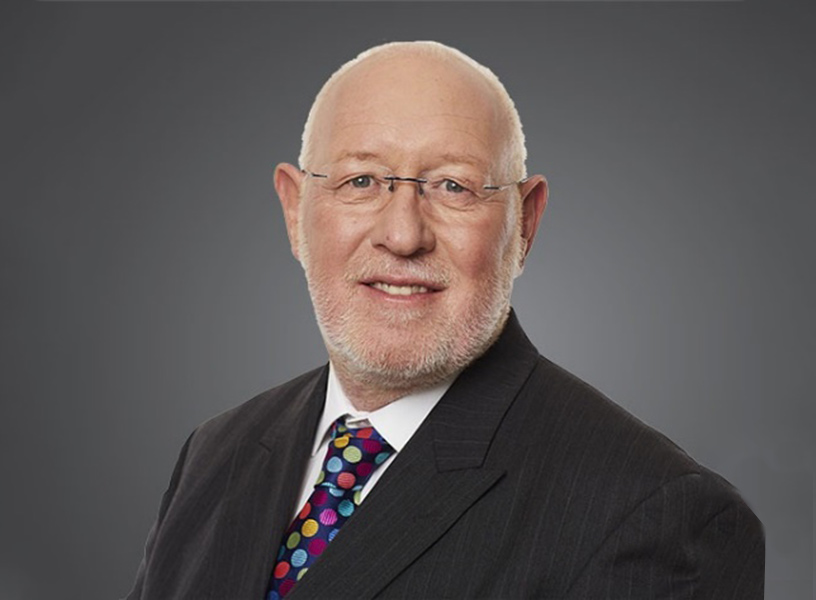TQEF’s forensic delay analysis team comprises professionals from both surveying and engineering backgrounds, who together provide a wide range of experience, skills and depth of knowledge in conducting delay and programming analysis on a range of construction and engineering project types and sizes. Our team are experienced in conducting detailed and thorough investigation into, and analysis of, the nature, extent and causes of delay and provide clear & concise reports and oral evidence in the context of all forms of dispute resolution procedures.
Personal profiles and contact details for TQEF’s delay team are below:
David Halford
BSc, MRICS
Managing Director
Office: +44 (0)20 3355 7074
Mobile: +44 (0)7946 654 293
Email: David@tqef.uk.com
Download CV: Click here
David is co-founder of TQEF and heads up the firm’s delay and programming expert witness capabilities. He has 30 years’ experience in the construction industry and 20 years’ experience in forensic planning and delay analysis. He is a highly experienced and well-regarded delay and programming expert. [Read more]
Garrick Jefferys
Msc BTech, MCIArb
Director
Office: +44 (0)20 8051 3157
Mobile: +44 (0)7962 606 256
Email: Garrick@tqef.uk.com
Download CV: Click here
Garrick has 20 years’ experience in the construction industry and 6 years’ specialised experience in construction forensic planning and delay dispute resolution. He is a well-regarded and highly experienced expert in the field of delay and programming analysis. [Read more]
Stephen Murtagh
MSc,
BEng
Associate
Office: +44 (0)20 8051 3158
Mobile: +44 (0)7403 209 381
Email: Stephen@tqef.uk.com
Download CV: Click here
Stephen is a qualified civil engineer with particular experience in site management on mining and tunnelling projects for major client bodies, both in the UK domestic market and internationally, including USA and Portugal. Stephen has experience in conducting detailed and thorough forensic investigation and analysis of the nature, extent and causes of delay on a range of project types. [Read more]
Marco Kwan
BEng,
MCIOB
Delay Analyst
Office: +44 (0)20 8051 3159
Mobile: +44 (0)7946 654 293
Email: Marco@tqef.uk.com
Download CV: Click here
Marco is a qualified civil engineer with core experience on major projects in Hong Kong ranging from sewage treatment plants, residential projects and high-rise commercial buildings. Marco provides robust and thorough supporting analysis to the appointed experts on a range of project types. [Read more]
David Richards
BSc, FRICS, FCIArb
Consultant
Office: +44 1726 833 386
Mobile: +44 7891 570 409
Email: David.Richards@tqef.uk.com
Download CV: Click here
David has over 40 years’ experience as a Chartered Quantity Surveyor and over 20 years’ experience as a Chartered Arbitrator. David is widely experienced in UK and international engineering and construction claims and dispute resolution. [Read more]
Ricky has over 40 years’ varied experience in construction and civil engineering projects and over 15 years’ experience in construction dispute related consultancy. [Read more]





